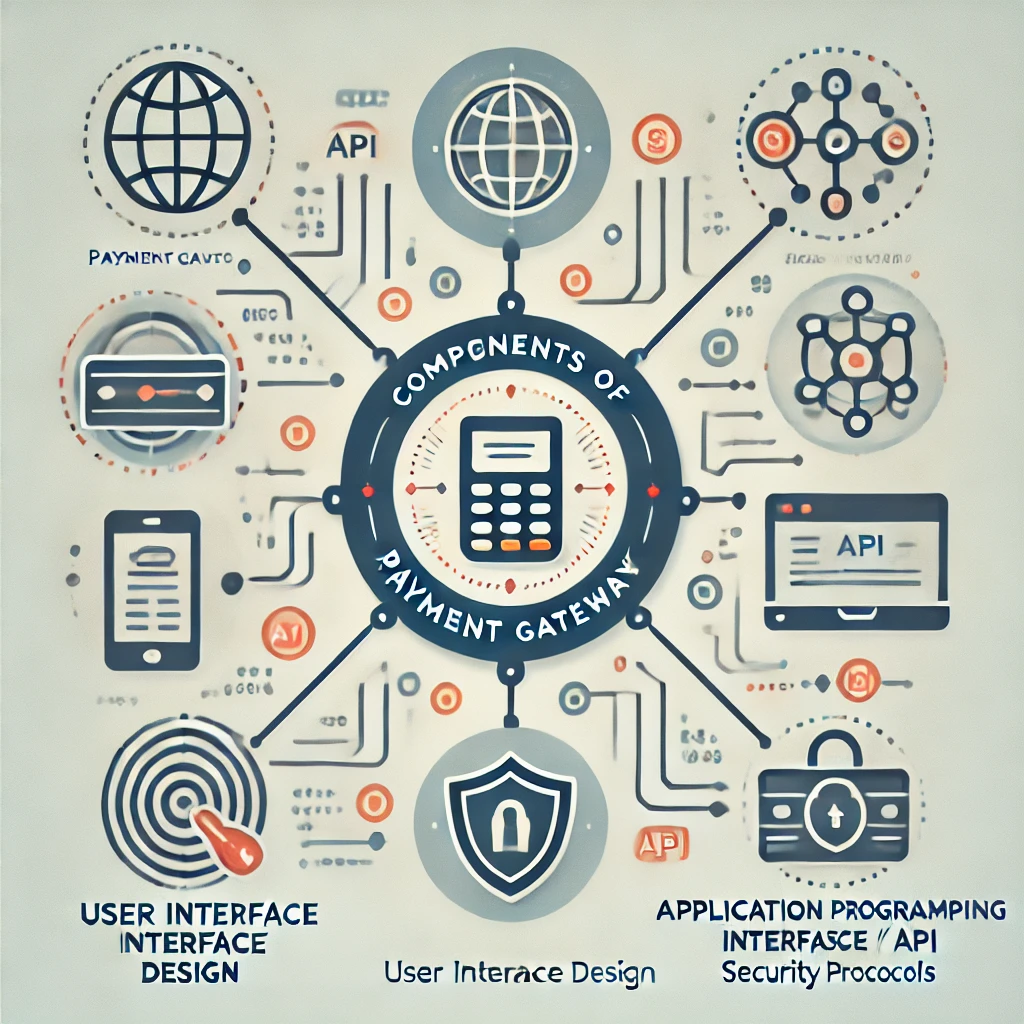Innovation has always been at the core of the financial industry, and the advent of Artificial Intelligence (AI) is revolutionizing the sector like never before. Within the rapidly evolving realm of financial technology (FinTech), AI stands as a game-changer, redefining how we manage, invest, and interact with financial services. Its integration has streamlined traditional processes while unlocking futuristic capabilities that were once the stuff of science fiction. Here, we explore five critical ways AI is reshaping the FinTech industry and its broader impact on the economy.
Key Ways AI Is Transforming FinTech
1. Enhancing Operational Efficiency
AI elevates operational efficiency by automating repetitive tasks and enabling faster, data-driven decisions.
- Fraud Detection and Compliance: AI scans massive datasets to identify anomalies and potential risks, reducing fraudulent activities.
- Customer Support: AI-powered chatbots provide 24/7 assistance, reducing wait times and operational costs.
- Credit Scoring and Loan Processing: By analyzing diverse datasets, AI enables faster loan approvals and risk assessments, making financial services more accessible.
2. Revolutionizing Data Analytics and Insights
AI transforms raw data into actionable insights, giving FinTech firms a competitive edge.
- Fraud Prevention: Advanced algorithms detect unusual patterns, ensuring secure transactions.
- Personalization: AI analyzes customer behaviors to recommend tailored services, enhancing user satisfaction.
- Market Intelligence: Real-time analysis of financial trends empowers companies to make agile investment decisions.
3. Strengthening Risk Management and Fraud Detection
AI is pivotal in risk mitigation, utilizing advanced algorithms to analyze real-time data and detect fraudulent activities.
- Evolving Threat Adaptation: Machine learning continuously updates its models to counter emerging risks.
- Regulatory Compliance: Automated tools ensure adherence to standards, minimizing legal and financial repercussions.
- Trust and Security: These measures create a more resilient financial ecosystem, reducing losses and enhancing trust among stakeholders.
4. Transforming Customer Service and Personalization
AI is at the heart of modern customer engagement in FinTech.
- AI Chatbots: Virtual assistants address queries instantly and effectively, improving user experiences.
- Tailored Recommendations: By analyzing customer data, AI offers personalized advice, financial solutions, and product suggestions.
- Streamlined Experiences: This personalization fosters loyalty and positions companies as customer-centric leaders in the digital age.
5. Revolutionizing Algorithmic Trading
AI has reshaped trading by integrating advanced analytics with market dynamics.
- Data-Driven Strategies: Machine learning identifies trends and opportunities in real-time, optimizing trading decisions.
- Predictive Analysis: AI assesses market sentiment through natural language processing, guiding better investments.
- Eliminating Bias: Automated trading reduces emotional decisions, ensuring precision and consistency in execution.

The Economic Impact of AI in FinTech
The integration of AI into FinTech has profound economic implications:
Economic Growth: Increased efficiency, fraud prevention, and market innovation contribute to a more robust financial ecosystem.
Efficiency Gains: By automating processes, AI reduces costs and accelerates service delivery.
Financial Inclusion: AI-powered tools make credit and financial services accessible to underserved populations.

AI is more than a tool
Artificial Intelligence is more than a tool; it is the engine driving the FinTech revolution. From operational efficiency to risk mitigation and customer personalization, its influence permeates every facet of financial services. As the FinTech sector continues to evolve, the synergy between AI and finance promises a future where innovation and inclusivity reshape the global economy.


